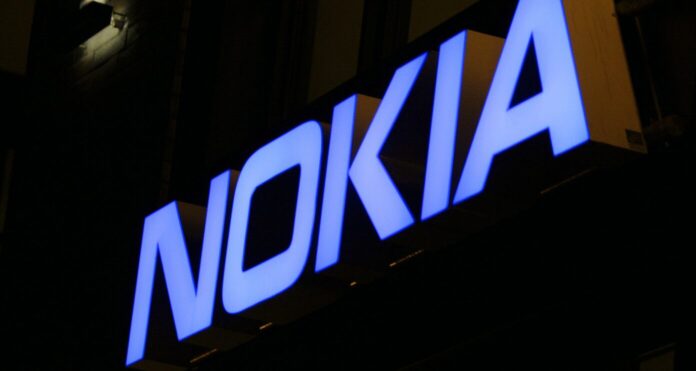Nokia providing hardware, software, services with $3.5 billion, three-year deal
To advance regulatory approval for a proposed merger, Sprint and T-Mobile US executives have been playing up the ability of the combined company to more rapidly deploying commercial 5G services in the U.S. Meanwhile both carriers are continuing with separate plans for 5G with T-Mobile today announcing a three-year, $3.5 billion deal with Nokia that will see the infrastructure vendor provide network hardware, software and managed services.
Back to the 5G point, in June former Sprint CEO, current SoftBank COO Marcelo Claure and T-Mobile US CEO John Legere framed the merger as a way for regulators to support the overall development of 5G in the U.S.—neither company will be able to afford the necessary 5G network investments on its own, but together, they’ll be in a position (both in terms of spectrum and cash flow) to put up a strong, nationwide network. “To deliver on the promise of 5G, we need to combine Sprint and T-Mobile now,” Legere said.
Aside from the Sprint tie-up, T-Mo has announced plans to deliver nationwide 5G next year tapping its 600 MHz and millimeter wave spectrum portfolio. At Mobile World Congress in February, T-Mobile said it will bring 5G to 30 cities this year, including New York City, Dallas, Texas, Los Angeles, Calif., and Las Vegas, Nev.
Specific to the Nokia deal, the Finnish company will provide its AirScale radio platform, cloud-native core, AirFrame hardware, CloudBand software and self-optimizing network solutions. The goal is to build out 5G based on the 3GPP New Radio standard in the 600 MHz and 28 GHz bands.
T-Mobile US CTO Neville Ray said in a statement: “We are all in on 5G. Every dollar we spend is a 5G dollar, and our agreement with Nokia underscore the kind of investment we’re making to bring customers a mobile, nationwide 5G network. And together with Sprint, we’ll be able to do So. Much. More.”
Last week Nokia provided its second quarter financial update, which was marked by flat sales across the company, including in the Networks business group, which saw stagnant year-over-year sales at $5.5 billion. On a constant currency basis, net sales were down 1% year-over-year. CEO Rajeev Suri, previewing the coming T-Mo deal, said on a conference call the company expects a “more robust second half,” and highlighted that some 40% of the company’s sales pipeline consists of “end-to-end deals…That is the highest level we have seen to date.”
When news of the T-Mo deal became public, Nokia reiterated its previously stated outlook for the remainder of 2018. In an email, the company said comments from last week “fully included the expected impact of the agreement with T-Mobile announced today” and guidance is “not affected.”
Ashish Chowdhary, Nokia’s chief customer operations officer, said the deal is “a testament to our companies’ strong and productive working relationship, one which has produced several important technological milestones in recent months, and which now allows us to make 5G a commercial reality.”

